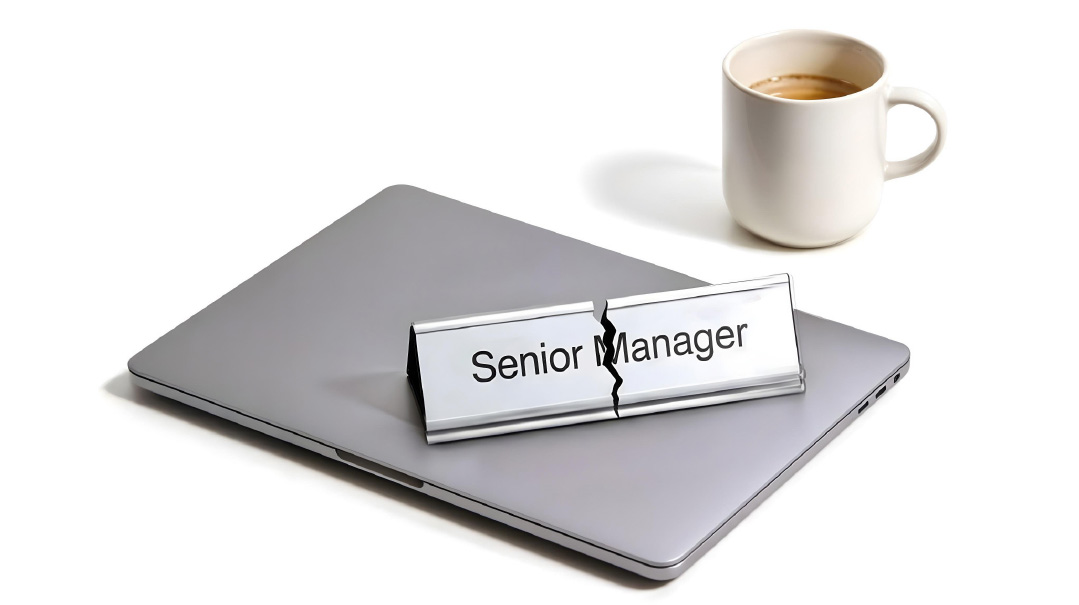My Father’s Last Yizkor


T he doctors said it would be a year but we all knew it was my father’s last Yom Kippur.
That was the terrible autumn, and it followed our wonderful autumn the previous year: a birth, a bris, and a bar mitzvah, then a bas mitzvah; a time of growth and simchah and celebration. A time when we were all together, a magical, suspended moment — in hindsight — before things fell apart.
In shul that Yom Kippur, I wept for my dying father. He was in the hospital, getting chemo, and he wasn’t doing well. He’d withered over the summer while his diagnosis was delayed; by autumn, it was too late. A quick, agile man who’d never understood slowpokes and stammerers, he now walked and talked haltingly, with the yellowy, mummified air of a man struggling to remain with the living.
But that Yom Kippur, he was in the hospital — a foretaste of the years ahead when he wouldn’t be with us. I’d loved having him in shul while I was there, though he’d usually join a different minyan or a class instead — our shul believes in options. Just knowing he was there, somewhere, in the building, was a comfort.
And he was always there; he took Yizkor very seriously, which was ironic given that his parents were not only non-observant, but also anti-religious. They probably saw it all as old-world nonsense, and were grateful to live in Canada, where they didn’t need those old customs.
Yet here was their son, my father, waking up early every day for Kaddish after they died, showing up yearly for yahrtzeits, and every Yom Tov for Yizkor: Pesach, Shavuos, Yom Kippur, Succos. From an almost totally secular upbringing, he taught himself the prayers so he’d be comfortable in shul. I was so proud. We never agreed on everything Jewishly, my father and I, but here, I felt, we’d come together.
The year he was dying, I went to the cemetery just after Rosh Hashanah. When I returned, I jokingly gave him “regards” from his parents — echoes of his usual Yiddish expression, “gib a greese — send a greeting.” This time, he asked, “Will you visit me there?”
“Of course,” I said, shocked into stupid platitudes: “Later, later.” Not right away; no need, not so soon. Nobody wants to be orphaned anytime soon.
And now he was in the hospital, and I cried silently through the Amidah of Shacharis. Then, it was almost time for Yizkor, so I left to join those untouched by death, who wait innocently in the lobby.
“How’s your father doing?” someone asked me, out in the hall. Everybody asked this; it was the right thing to ask, perhaps, to show concern. But when it’s terminal, what’s the right answer? “Better than he will be”?
“He’s doing okay, thanks,” I said. In a manner of speaking. Still walking and talking.
And then, there in the lobby of the shul, I looked up — and right at him. Not an apparition; he was there, with the chemo pump in a bag around his waist, concealed by his usual awful camel-colored sweater. Someone had sprung him from the hospital and here he was. Barely upright, barely living, but still — still alive enough to pray for the dead.
I may have hugged him, but maybe not. Perhaps kissed his cheek, where I could close my eyes and pretend it was the same scratchy beard I’d always loved, without noticing the softer, more tentative skin beneath. It was hard to touch him when he was so sick — it just didn’t feel right, didn’t feel like him.
“It’s good to see you,” I said.
I think he smiled; I think he nodded. It was time for Yizkor, so he went into the men’s section. And I, fortunate enough to have two parents still alive, I remained outside to mourn.
(Originally featured in Family First, Issue 561)
Oops! We could not locate your form.












